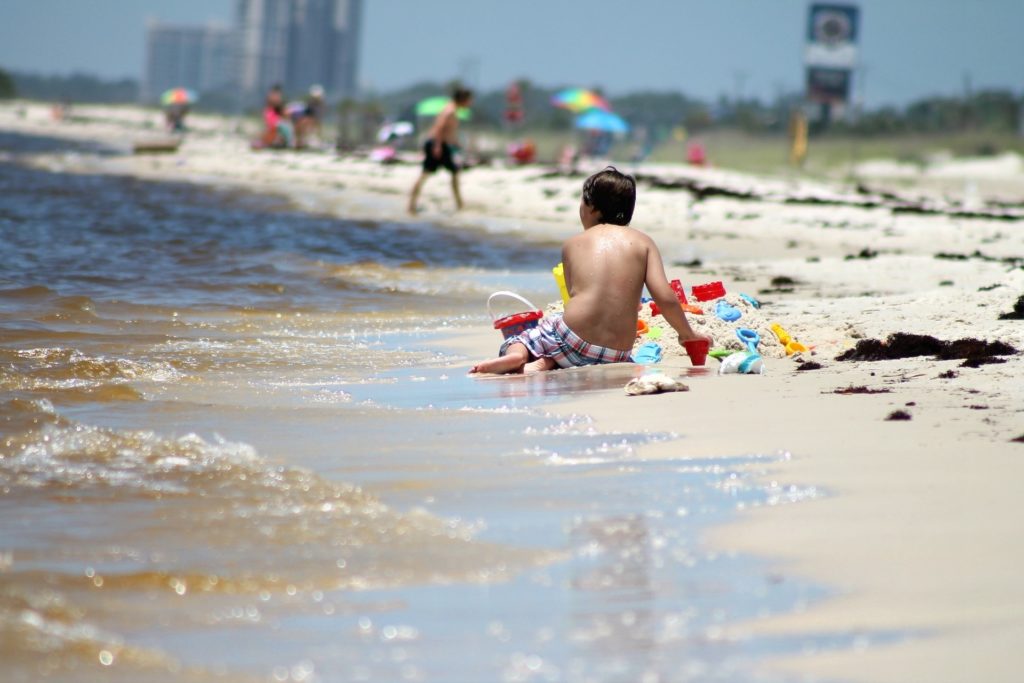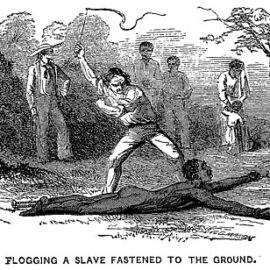
The Mississippi River is a channel which dumps eight million tons of plastic into the Gulf each year. But can we help stop or reduce this flow?
The Mississippi River watershed might be the largest source of marine plastic debris in the United States, draining almost half the country into the Gulf of Mexico. Globally, about 8 million tons of plastic enter the oceans each year. Now residents can help measure the river’s waste, in a new effort by towns and cities along the Mississippi to quantify the scope of plastic pollution entering the country’s second longest waterway. The Mississippi River Cities and Towns Initiative announced its launch Wednesday, hoping to build off its 2018 commitment to reduce plastic waste by 20%.
nola.com
The Initiative has received the commitment of restaurants and other food and beverage groups for them to cut down on the use of plastic but there is no way to know if they are complying and what the result is.
While the coalition’s goal included the commitment of several companies in the hotel and restaurant sectors to reduce their own waste, it’s unclear how successful those efforts have been. So the coalition hopes to improve monitoring that will provide more insight into the sources of pollution, how plastic moves through the watershed and in what quantities. “Many corporations have made commitments, but what we would like to see is specific actions that we can see a difference,” said Jennifer Wendt, manager of the the coalition’s plastic waste reduction campaign. “So that’s why we moved on to this level where we can collect the data instead of just hearing the commitments.” “I have no doubt that they’re working hard on that, but this will really enforce that.”
Baton Rouge will be one of the three test sites.
Starting in April, Baton Rouge will be one of three pilot sites in the program to use a free mobile tracking system called Marine Debris Tracker. It relies on residents to log the type and location of litter. Mayor Sharon Weston Broome said Baton Rouge is looking forward to participating, and her administration is planning a broader public awareness campaign around the initiative. “We’re dealing with a culture that has existed, at least in my community, for decades, where people think it’s OK to throw trash out,” said Broome, co-chair of the Mississippi River Cities and Towns Initiative. “Much of the plastic waste and other floatables have the potential to collect near our area from the entire 31-state basin, and so plastic clogs our canals, our creeks or tap water areas leading to a build up that is layered.” Broome pointed to the decades-old issue of waste washing up along LSU’s Burden Gardens and into the nearby wetlands as one her administration will examine. “We do not condone a culture of non-recycling, a culture of not being attentive to what we’re putting in our waterways as well as throughout our communities,” she said. “This is at the top of my list.”
What is desired is more data. People on the river and on the adjacent shores are in a good position to add to the data.
No Waste Louisiana Director Jane Patton commended the coalition’s “admirable” effort to increase the amount of data available. “I think what’s important is what we do with that data,” she said. “We cannot be cleaning up and collecting data forever.” She said governments must do more than manage waste but actually reduce it by changing ordinances and fundamentally altering how society uses single-use plastics. She hopes the coalition’s leaders will engage residents and improve community buy-in. “What is most important is that raising awareness cannot be the end of it,” Patton said.



